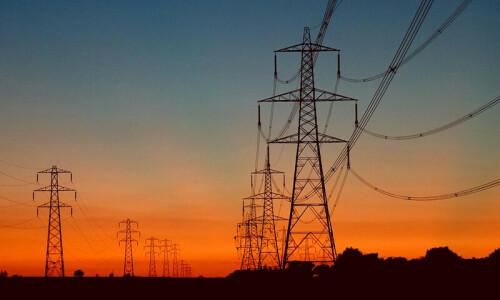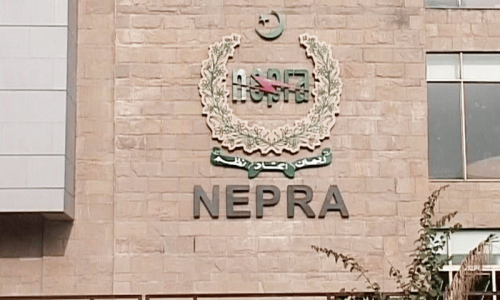ISLAMABAD: In order to meet the IMF’s mid-February deadline, the Oil and Gas Regulatory Authority (Ogra) made significant concessions to the gas utilities — SNGPL and SSGC — to extract another Rs100 billion from consumers over the next four months through an increase of 9 to 35 per cent in tariffs.
The decision comes as part of the government’s commitment to the International Monetary Fund, promising to revise gas tariffs by Feb 15, following an already significant increase observed in November.
Interestingly, the regulator cut short its public hearing benchmarks by holding one session in Lahore for the Sui Northern Gas Pipelines Ltd (SNGPL) and another in Karachi for the Sui Southern Gas Company Ltd (SSGC).
In the past, it used to hold two or three hearing sessions in Lahore, Peshawar and Islamabad for SNGPL for being its service areas and two similar sessions in Karachi and Quetta for SSGC consumers. However, this time, consumers in the north and those in Balochistan could not get representation.
Allows increase in tariffs for users of SNGPL by 35pc, of SSGC by 9pc
The regulator has allowed very high losses on both the volumes at transmission and distribution losses — commonly known as unaccounted-for gas (UFG) — at 7.78pc. At the distribution stage, the unaccounted-for gas has been allowed at about 10pc, which is also far beyond the previously allowed limit.
Despite these elevated UFG levels, Ogra has also green-lighted increases in human resource expenses and a 73pc rise in sports-related expenditures for the utilities, passing these costs onto consumers rather than distributing them among shareholders.
On top of that, the regulator also allowed significant costs to control unaccounted-for gas, although about Rs50bn had already been allowed over the past few years for the purpose.
Likewise, Ogra has also given more than Rs2.6bn on the pretext of security costs. As if that was enough, the regulator also allowed the LNG cost of service and even allowed litigation charges for losing an international arbitration because of mishandling of the matter by the management.
Besides, contrary to past practices of issuing public statements on tariff determinations, Ogra has remained silent this time.
In its judgement, the regulator, for a second time in less than four months, determined a gas tariff increase for SNGPL at 35.13pc and for SSGC at 8.57pc for the current fiscal year (2023-24). The revision has to take effect retrospectively from Jan 1 to June 30 and the period already lapsed may be worked out accordingly in bills for the coming months.
It worked out unaccounted-for gas losses in Balochistan at a massive 58pc and 15.26pc on average for SSGC. The proposed gas tariff will cover the Rs98bn shortfall of both gas companies.
As such, the regulator recommended an average increase in prescribed gas price by 23pc to Rs1,590 per million British thermal units (mmBtu) from the average price of Rs1,291 per mmBtu earlier determined on June 2, 2023.
The prescribed price of SNGPL has been increased to Rs1,673.82 per mmBtu from Rs1,238.68 determined on June 2 last year. Likewise, the gas tariff of SSGC has been increased to Rs1,466.40 per mmBtu from Rs1,350.68.
Published in Dawn, February 7th, 2024













































Dear visitor, the comments section is undergoing an overhaul and will return soon.